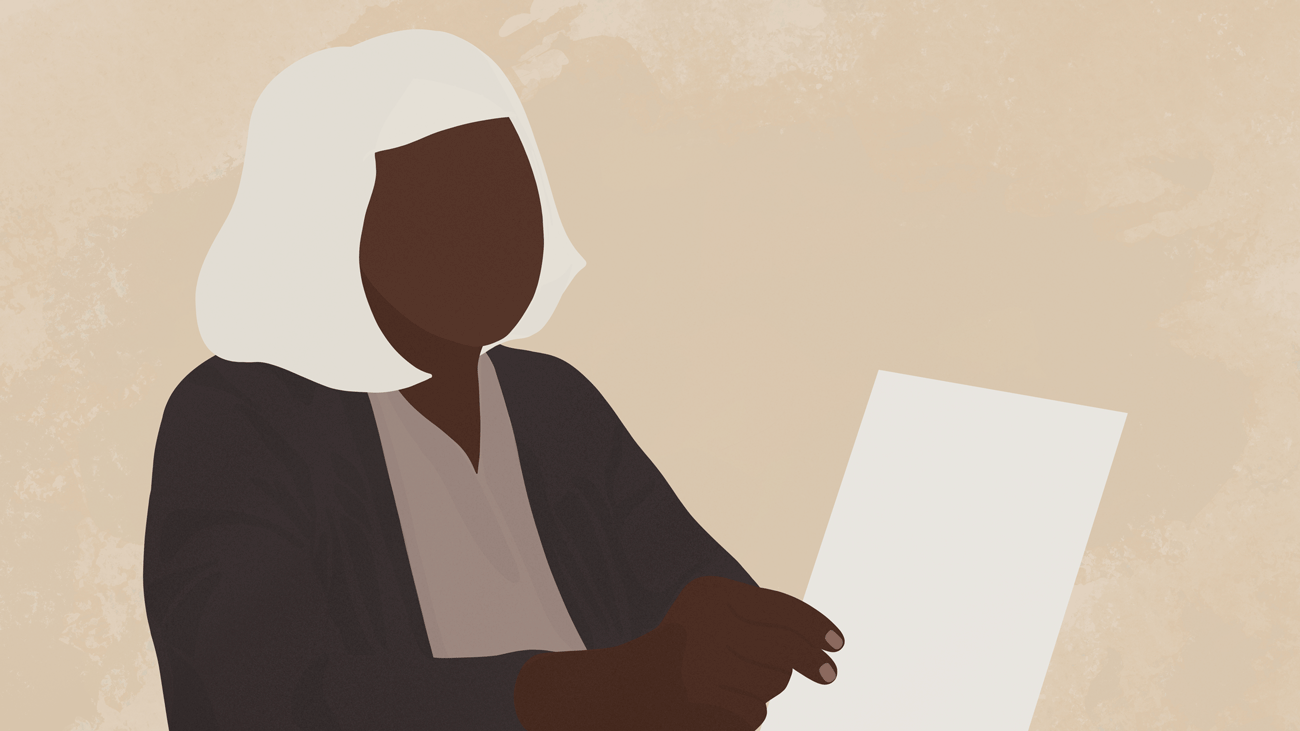Writing a will can be an easy task to procrastinate. Beyond the grim reality that it represents planning for one’s own death, organizing an entire estate can seem daunting. Or perhaps you just feel like your assets aren’t valuable or numerous enough that a will is needed in the first place. But this isn’t the case. For numerous reasons, wills are incredibly important and valuable to not only the person writing it but to the family and loved ones involved as well. In fact, no matter your age or level of wealth, there are many benefits of having a will.
Table of Contents
Wills: Key Facts
A will is a legal document used to guide entities as to how your assets will be allocated when you pass. But besides distributing your real and personal property, wills have the power to do so much more — for instance, they can designate a guardian for minor children.
Here are some important facts about wills:
- Only 32% of people noted that they had a will in 2020 — down 17% from 20171
- Approximately 55% of Americans die without a will or estate plan2
- 29% of people believe that they don’t have enough assets to leave anyone3
- 35% of Americans have personally encountered or know someone that has encountered familial issues due to the lack of a will at the time of someone’s passing4
Benefits of Having a Will
1. A Will Can Protect Inheritance for Your Heirs
Without a will, a person’s property or assets generally pass on to their spouse or children when they die. In fact, this is one reason some might choose to forego writing a will in the first place, assuming that everything will simply make its way to the appropriate family members without the need to declare it. However, this is not a hard-and-fast rule for all property, and each state can determine how such possessions will be distributed in the absence of a will.
A will, however, protects you and your family from any discrepancies and ensures that any belongings you leave behind are passed on exactly as you wish.
2. A Will Allows You to Appoint the Guardian(s) of a Minor
This is a very good reason not to procrastinate writing a will. While it’s easy to associate writing wills as a task reserved for the elderly, we all know unexpected events can affect anyone. For parents of minors, the absence of a will can actually have a devastating impact on orphaned children.
In the event one parent passes, guardianship of a minor should fall with the surviving spouse. However, if both parents were to tragically die without a will, the state must find a suitable fit to care for minors. This could ultimately result in children becoming wards of the state.
For this reason, parents should consider writing independent wills that each appoint the same person (or people) you wish to assume guardianship of your children.
3. You Can Appoint the Executor of Your Will
As mentioned, a court has the power to oversee the distribution of property in the absence of a will. However, a will allows its writer owner power to declare whom they want to grant this to.
The executor of a will takes on a great deal of responsibility, which is all the more reason some people wish to choose the right person for the job themselves. They’ll oversee the distribution of assets to all appropriate heirs for one, but can also be appointed any duties that involve managing the deceased’s unfinished affairs. This is one key aspect of a will that can ensure a person’s estate is managed appropriately once they’ve passed.
4. A Will Can Be Amended
While a will is a legally binding document, writing one does not mean your wishes are suddenly set in stone long before your passing and never to be changed again. A second marriage, new additions to the family, and the acquisition of new assets and property can all be factors that change between the day a will is notarized and the time it is to be executed. In any case, the writer of a will has the power to amend their wishes and plans any time, simply repeating the process to ensure it’s notarized each time adjustments are made.
5. A Will Provides Peace of Mind
When all is said and done, a will provides peace of mind to all parties involved. Writing your own will is assurance that you’ve preemptively lifted a lot of potential future burdens and questions from loved ones, who may not know your wishes otherwise. Your estate is secure, its heirs are chosen and protected, and even your own final wishes are guaranteed to be carried out without the need for deliberation or second-guessing by the loved ones who will miss you.
Video
Sources
- https://www.caring.com/caregivers/estate-planning/wills-survey
- https://www.americanbar.org/groups/real_property_trust_estate/resources/estate_planning/
- https://www.prnewswire.com/news-releases/half-of-america-sees-estate-planning-as-tool-of-the-ultra-rich-300346690.html
- https://www.aarp.org/money/investing/info-2017/half-of-adults-do-not-have-wills.html
